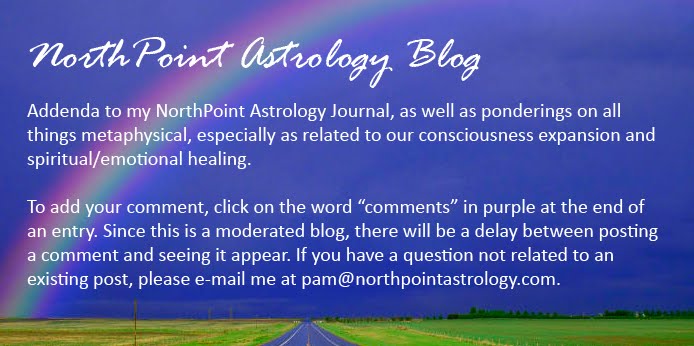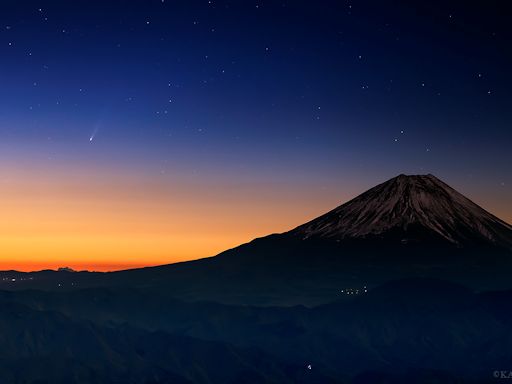The orbit of Comet ISON has an interesting similarity with another bright sungrazing comet, the Great Comet of 1680. The two comets don't have the same orbits, but the similarity between these two bright sungrazers is remarkable. One thing, however, is for sure: they are not the same comet. Comet 1680 is currently 250 AU from the Sun, and isn't due back for 9000 years. But the similarity suggests they have a common origin. Perhaps they are two fragments of a much larger comet?
This possible connection between the two comets was interesting to me, of course, so I drew up a chart for November 14, 1680, which is the day the Great Comet was discovered. And guess what I found? That same month, Uranus and Pluto were exactly square, the same as we are experiencing now. Uranus was in Aries in 1680, the same as now, and Pluto was in Cancer, opposite its current location. That would be another jaw-dropper in my book, to have fragments of the same comet visiting our inner space at the time we are experiencing similar configurations of Pluto and Uranus. Both are rare events, and here they overlap twice in history -- in addition to the fact mentioned in my journal last week, about the other "ISON-like" comet that came through our solar system in the mid-1960s, when Pluto and Uranus were conjunct. Seems like there's some sort of plan at work, wouldn't you say?
The online list of historical events for 1680 is fairly sparse, sadly, so it's hard to find much else that we might find common to then and now. But, given that the Pluto-Uranus square has to do with unexpected changes, weather, and uprisings, it is interesting that 1680 was the year of the Pueblo Rebellion, when the Pueblo Indians joined forces with the Apaches to overthrow Spanish rule in New Mexico. It's also interesting that every timeline I researched included the item that "The first confirmed tornado in America kills a servant at Cambridge, Massachusetts." Clearly, early settlers were experiencing dramatic weather events that were surprising in nature -- why else would that fact of one tornado and one servant's death make it on the list of most important events for the year?
Just some interesting synchronicities to think about. And, a beautiful photo of Comet ISON "plunging into the sunrise beside Mt. Fuji on November 22" (photo by Japanese photographer Kagaya, posted on Spaceweather.com):


Very interesting observations!
ReplyDeleteAnd thanks for the beautiful picture
(reminding me of Hokusai).